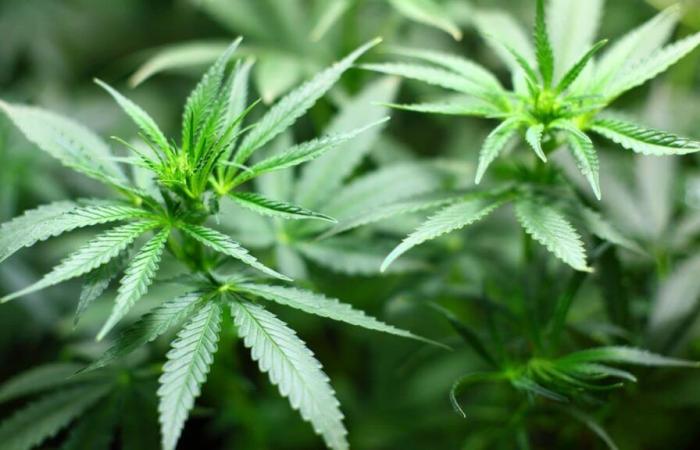A recent study has highlighted the biological effects of high-potency cannabis on human DNA, raising concerns about the impacts of this type of cannabis, now widely available, on mental health. The team of researchers found that frequent use of cannabis with high levels of tetrahydrocannabinol (THC) causes measurable changes in DNA, which could affect the body’s energy metabolism and immune response.
Harmful psychological effects already well documented
In France as in Europe, millions of individuals consume or have consumed cannabis, and certain irresponsible politicians are calling for its legalization in a France where drug consumption is exploding. Studies have already established a link between daily consumption of cannabis with a high THC content and the onset of psychotic disorders. A 2019 study, published in The Lancet Psychiatryrevealed a close correlation between regular use of potent cannabis and the appearance of psychoses, particularly in cities where this type of product is easily accessible. Consumption of cannabis with high THC concentrations is associated with more deleterious effects on mental health than weaker forms.
Measurable impacts on human DNA
The recent study, published in Molecular Psychiatrygoes further by identifying changes at the DNA level in regular high-potency cannabis users. This is the first time that such a study has demonstrated measurable biological effects of cannabis on human DNA. The researchers observed changes in DNA methylation, a process that changes gene expression without altering the DNA sequence itself. By analyzing blood samples from 682 participants, including 188 regular cannabis users and 494 non-consumers, they discovered that frequent use of cannabis with THC levels above 10% led to alterations in the CAVIN1 gene, which is linked to mitochondrial and immune functions. These changes could influence the body’s energy metabolism and immune responses.
The results also suggest that the effects of cannabis on DNA differ between individuals who have already experienced a first psychotic episode and those without a similar history. This paves the way for blood tests to identify cannabis users at risk of developing psychosis.
Cannabis and mental health: a complex association
The relationship between cannabis use and mental health disorders is complex. The use of psychoactive substances like cannabis can worsen the symptoms of existing mental disorders, and conversely, mental health disorders can encourage the use of substances to alleviate symptoms. According to the Substance Abuse and Mental Health Services Administration (SAMHSA), more than a quarter of adults with serious mental illness also use psychoactive substances.
Dr. Matthew Sherman, chief of psychiatry at Stony Brook Medicine, explains that cannabis use in patients with mental disorders can alter treatment outcomes, complicating their care. According to him, any psychoactive substance, including cannabis, can have a negative impact on treatments, by interfering with psychotropic medications and exacerbating symptoms of intoxication or withdrawal.
Ethical considerations of DNA testing to assess psychosis risks
If the identification of genetic modifications linked to cannabis opens up prospects for better targeting risks, ethical questions arise regarding the use of DNA tests to assess susceptibility to psychosis. Sanam Hafeez, neuropsychologist, raises concerns about the protection of genetic information, highlighting the risks of unauthorized use of DNA data or genetic manipulation.
Conversely, Dr. Sherman is optimistic about the potential benefits of these tests for medicine. According to him, having a way to assess the risk of psychosis linked to cannabis could considerably improve the care of patients, particularly those with a family history of mental disorders.
This study confirms that consuming cannabis with high THC content can have profound effects, both genetically and psychologically. It is imperative that public authorities truly deal with this scourge for human beings and for our societies.
Photo credit: DR
[cc] Breizh-info.com2022, dispatches free to copy and distribute subject to mention and link to the original source






